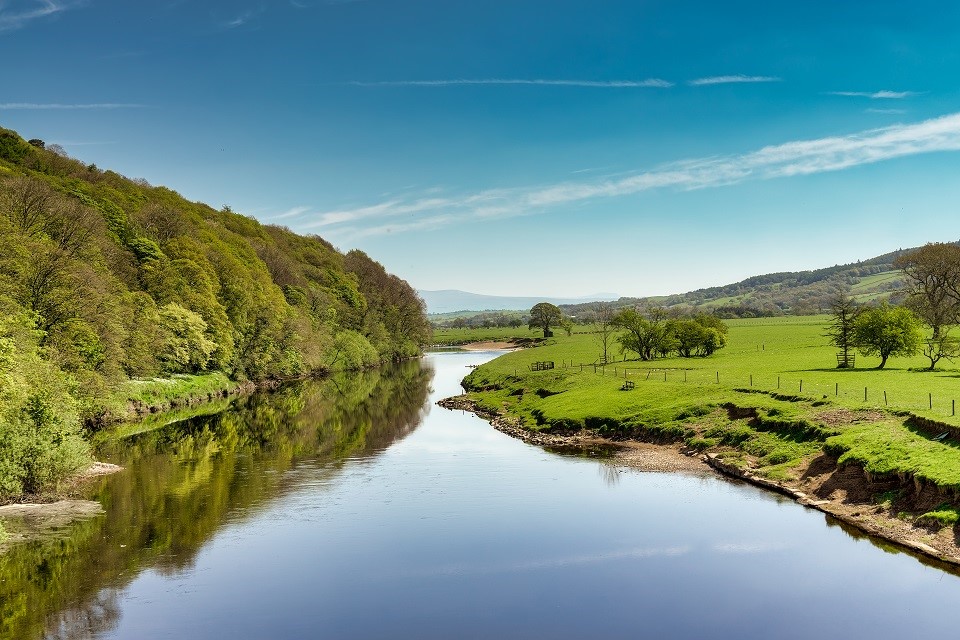
There has been coverage in the Independent, The Times and on ITV News about storm overflows into protected sites. This follows analysis by Greenpeace Unearthed that claims storm overflows discharged into protected sites for more than 300,000 hours in 2022.
As part of the Storm Overflows Reduction Plan, we expect water companies to tackle overflows discharging to high priority sites by 2035. These sites include designated bathing waters, Sites of Special Scientific Interest (SSSIs), Special Areas of Conservation (SAC) and chalk streams.
This means we are frontloading action in the most urgent and ecologically sensitive areas to deliver most benefit to the environment and the public.
By 2050, all remaining storm overflows covered by our targets will also have to meet the new requirements on rainfall and environmental impact, regardless of location.
Our plan will protect biodiversity, the ecology of our rivers and seas, and the public health of our water users for generations to come.
A Defra spokesperson said:
Polluters must pay for their actions – so we are scrapping the cap on civil penalties and have given Ofwat new powers to toughen up rules on dividends so that people's bills do not reward environmental damage. And the Environment Agency has launched a major criminal investigation into potential non-compliance at wastewater treatment works by water companies.
Our Storm Overflow Discharge Reduction Plan set strict new targets on water companies and it prioritises action in ecologically important sites – such as SSSIs – so overflows in these areas are addressed first. We will continue to work with regulators to take enforcement action against those water companies underperforming.
2 comments
Comment by Barbara Fisher posted on
It is welcome news that stronger enforcement to protect our water courses is starting to happen. The problem is that the timescales are too long. Our water courses need protection now so the prosecutions need to start now.
Everyday flora and fauna in our waters are dying, they are an important part of our ecology, planet health and would enhance our countryside and our lives if they are clean and functioning properly. Do we have to wait until everything dies before we act. I am particularly concerned about the River Wye and its tributaries.
Reduce the timescales and the clean up.
Comment by John W. Baxter posted on
2050 is 27 years away, as my mathematics tells me,and I do not need Ofwat, nor the EA, nor any of the preceding employed by water companies to tell me what a great change is about to fall on us.
Pump stations overflow to pristine rivers as we know, because pumps may have failed, are under capacity to cope with increased inflows, retention chambers are too small and the storm retention tank capacity/ treatment capability is too small……all signs of underinvestment in waste water treatment capacity as consumption and water leakage has increased………not to mention fresh water retention in the form of reservoirs…….it s easier to impose hose pipe bans and nor reduce leakage.
The solution to pollution is dilution philosophy of water companies and our environmental watchdogs and consumer protectors has to change…..not in 27 years but asa the weather dictates!.